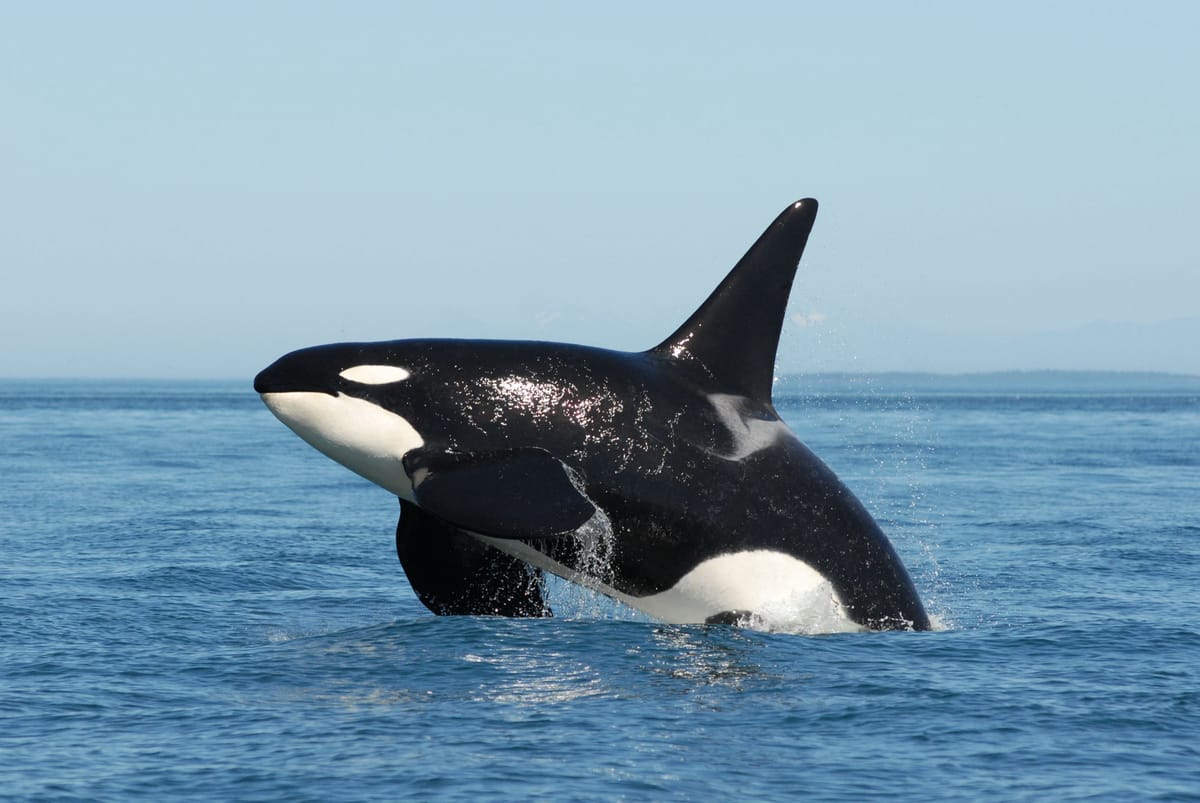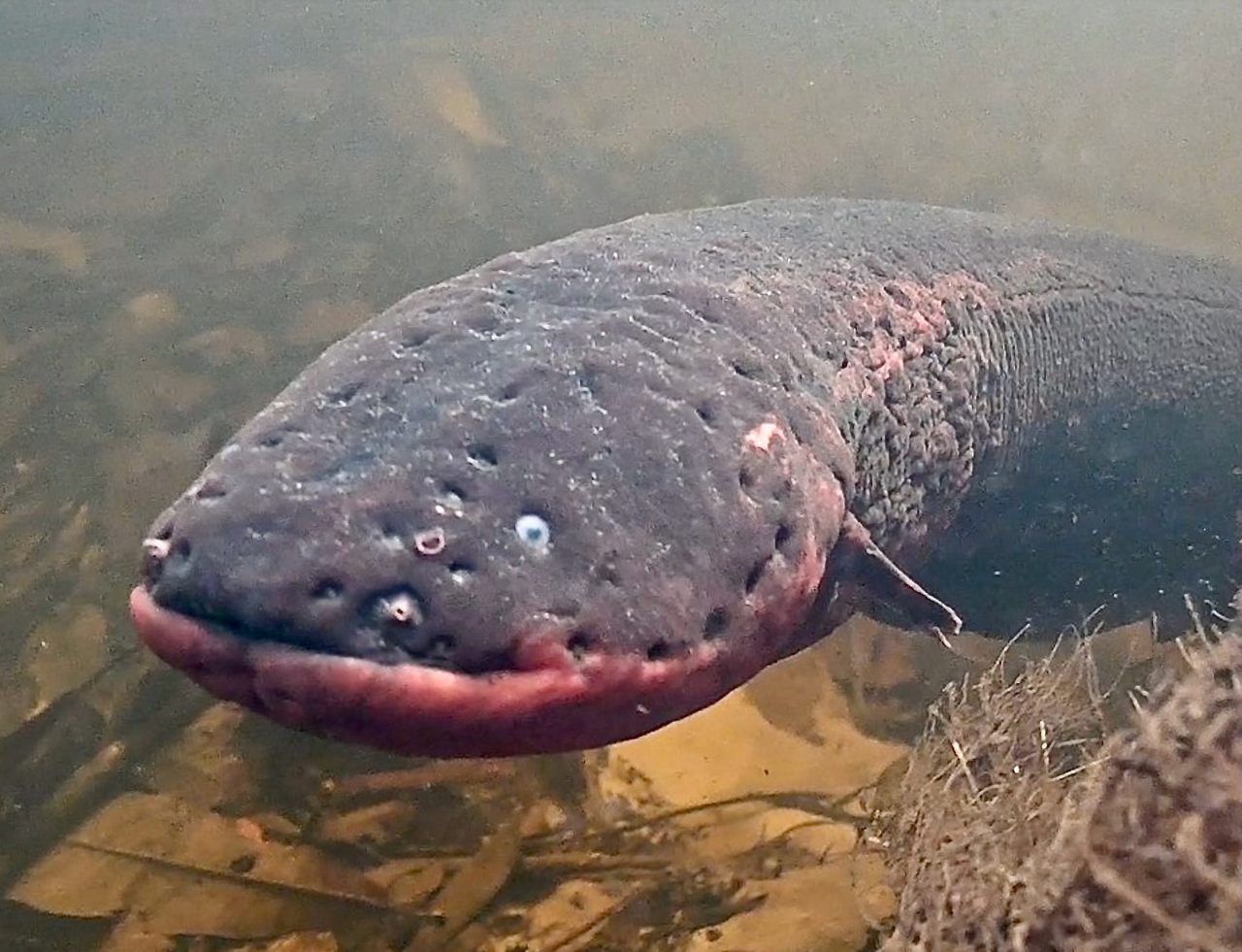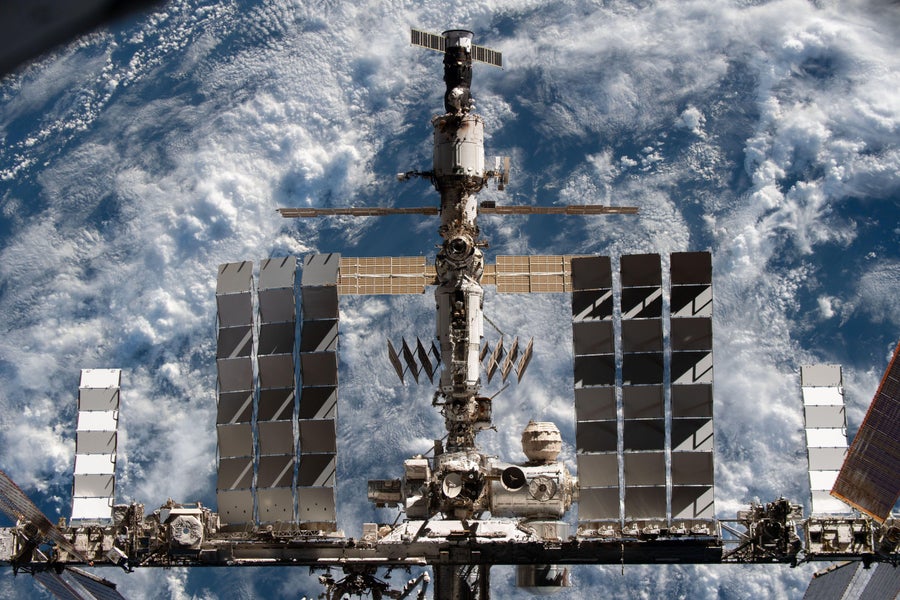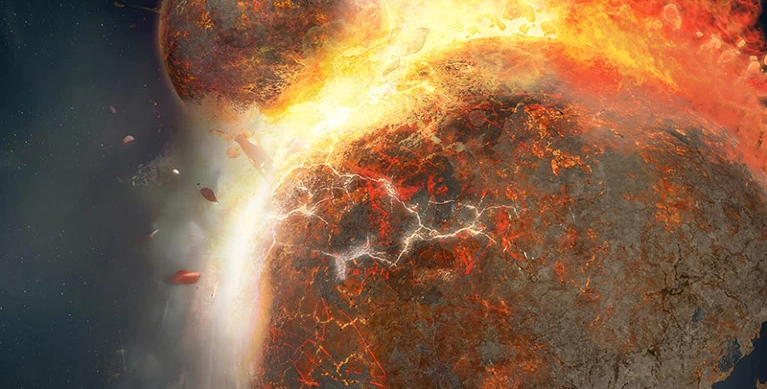Using heavy metal music on killer whales doesn't work

From Hilary Hanson for HuffPost: "In the wake of orcas attacking boats around Portugal and Spain, sailors are turning to unorthodox tactics in an attempt to deter them. One piece of advice going around is to blast heavy metal music underwater to keep orcas away. But a marine mammal researcher warns this is a bad idea ― and one crew seems to have learned this the hard way. Florian Rutsch, who was captaining a catamaran crossing the Strait of Gibraltar, said his crew tried to use a special “Metal for Orcas” playlist they hoped would keep the large predators away. But the orcas went for the vessel’s rudder, making it impossible to steer. All crew members were ultimately rescued, and Spanish authorities towed the catamaran back to shore."
How Elizabeth Bigley became the high priestess of fraudulent finance

From Karen Abbott for the Smithsonian: "Elizabeth “Betty” Bigley was born in October 1857, the fifth of eight children, and grew up on a small farm in Ontario, Canada. At the age of 13, Betty devised her first scheme, writing a letter saying an uncle had died and left her a small sum of money. This forged notification of inheritance looked authentic enough to dupe a local bank, which issued checks allowing her to spend the money in advance. At the age of 22, Betty launched what would become her trademark scam. She saved up for expensive letterhead and notified herself that a philanthropist had died and left her an inheritance of $15,000. Next, she had a printer create fancy-looking business cards that read: “Miss Bigley, Heiress to $15,000.”
The secret behind the shocking sex lives of electric eels in Brazil

From James Hall for Atlas Obscura: "For more than 20 years, Nonato Mendes, a Ph.D. student at the University of São Paulo, has unraveled the enigma of electric eels. Now, after a decade of analysis, he believes he’s cracked one of their biggest secrets: their spawning behavior. Electric eels, immediately recognizable with their pudgy, scarred bodies, wide mouths, and beady eyes, are the apex predators of the Amazon, delivering a shock more than nine times as powerful as a Taser. But breeding them in captivity has proven nearly impossible. Mendes believes that electrical conductivity in the water caused by atmospheric conditions, maybe even lightning, drives electric eels to spawn." (via JSTOR Daily)
Editor's note: If you like this newsletter, I'd be honoured if you would help me by contributing whatever you can via my Patreon. Thanks!
NASA may have to pay $1 billion to destroy the International Space Station

From Meghan Bartels for Scientific American: "For nearly a quarter century, the International Space Station (ISS) has continuously hosted astronauts and science experiments as an enduring and beloved bastion of humanity in low-Earth orbit. Yet despite its successes, the space station’s days are numbered. In the coming months, NASA will be evaluating commercial proposals for vehicles that might be capable of “decommissioning” the ISS—that is, of safely dropping it into Earth’s atmosphere to burn up. The agency has said it expects to pay nearly $1 billion for this service to avoid relying on multiple Russian vehicles. This is scheduled for early next decade but is already proving a delicate matter for aerospace engineering and international diplomacy."
Ten years ago Batkid was battling bad guys and cancer, now he's 15 and healthy

From Chloe Veltman for NPR: "Ten years ago, the then-5-year-old Miles won hearts both in his hometown and around the world when he became the black-clad superhero Batkid for a day, becoming an instant media sensation. The Make-A-Wish Foundation, a non-profit that grants wishes to children who are seriously ill, partnered with San Francisco to organize the adventure for Miles, who had been battling acute lymphoblastic leukemia since he was just 18 months old. Today, Miles Scott is a healthy teenager with a passion for baseball. He plays catcher for his high school in Tulelake, Calif. "I wear all-black in baseball," Miles said. "So the dugout's always screaming 'Batkid! Batkid!'" (via Jason Kottke)
The remains of an ancient planet lie deep within the Earth

From CalTech: "In the 1980s, geophysicists made a startling discovery: two continent-sized blobs of unusual material were found deep near the center of the Earth, one beneath the African continent and one beneath the Pacific Ocean. Each blob is twice the size of the Moon and likely composed of different proportions of elements than the mantle surrounding it. Where did they come from? A new study led by Caltech researchers suggests that they are remnants of an ancient planet that violently collided with Earth billions of years ago in the same giant impact that created our Moon. Researchers have long hypothesized that the Moon was created in the aftermath of a giant impact between Earth and a smaller planet dubbed Theia, but no trace of Theia has ever been found in the asteroid belt or in meteorites." (via Clive Thompson)
When you really love your wife
A little love story - Edward James, patron of the surrealists, was so besotted with his wife, the dancer Tilly Losch, that when he saw the trail of wet footprints she left up the stairs after her bath at Monkton House, he had them woven into the carpet. pic.twitter.com/YhFbMnyjNS
— Edward Brooke-Hitching (@foxtosser) November 20, 2023
Acknowledgements: I find a lot of these links myself, through RSS feeds etc. But I also get some from other newsletters and blogs that I rely on as "serendipty engines." They include Today In Tabs, Clive Thompson's Linkfest, Maria Popova's website The Marginalian, The Morning News from Rosecrans Baldwin and Andrew Womack, Why Is This Interesting, Dan Lewis's Now I Know, Robert Cottrell and Caroline Crampton's The Browser, Sheehan Quirke AKA The Cultural Tutor, the Smithsonian magazine, and JSTOR Daily. If you come across something you think should be included here, feel free to email me.



